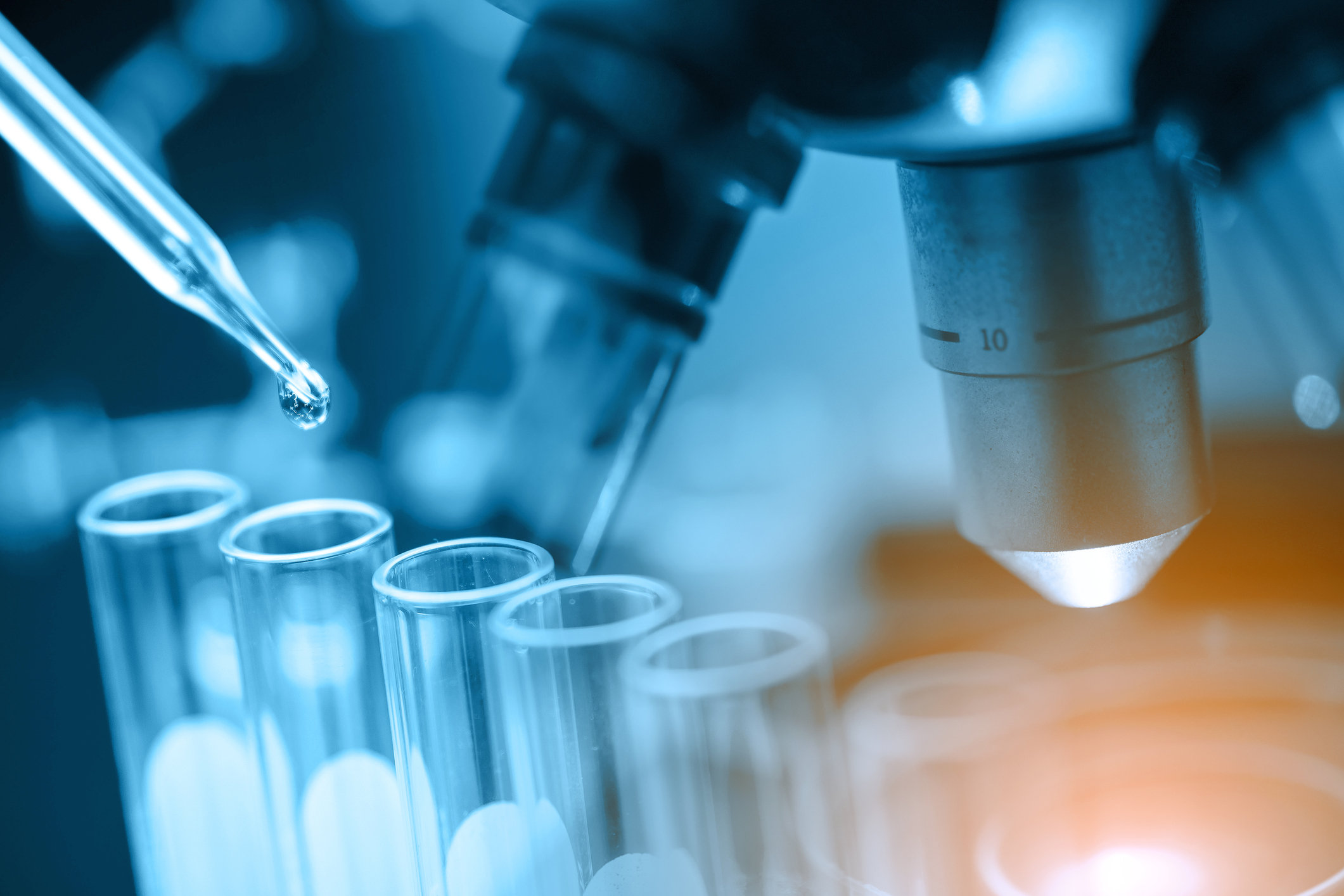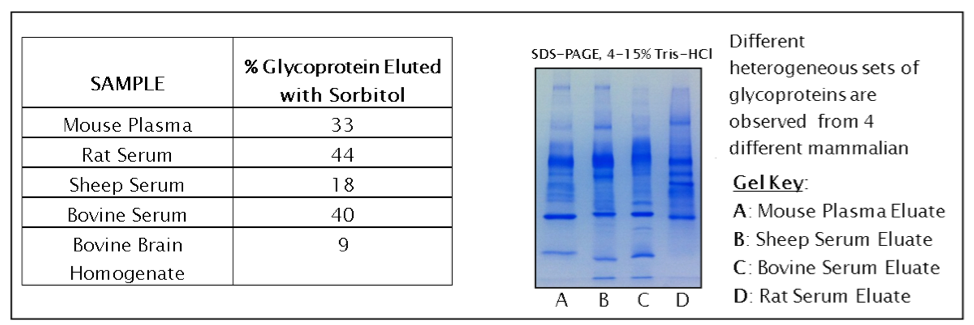
Sample Prep for Proteomic Analysis of Saliva
Cutting-Edge Enrichment Technologies Improve Effectiveness of Proteomic Analysis of Saliva
Biotech Support Group offers distinct and diverse technologies to help researchers selectively enrich or bind, in order to achieve quality results. In this case study, we highlight two research articles describing NuGel™ PBA glycoprotein enrichment sample preparation technology for the proteomic analysis of saliva.
Background
Biotech Support Group (BSG) is a leading provider of proteomic sample preparation products. BSG developed a specialized glycoprotein enrichment sample preparation technology,
NuGel™ PBA, for passivated silica-based affinity chromatography.
By providing unrivalled specificity for researchers, as highlighted through one of their key BSG Advantages,
Enrichment/Depletion, NuGel™ Glycoprotein Enrichment PBA is an ideal product to support reliable affinity enrichment in a cost-effective way.
The Challenge: Consistent and Reliable Proteomic Analysis of Saliva
Many proteomic enrichments often use ligands derived from biologicals (i.e., Immunoglobulins, lectins, etc.) to select for high abundance proteins from bio-fluids. However, some common limitations of this strategy include high costs, regeneration requirements which may result in a diminished and inconsistent performance, as well as a required marriage of ligand to protein. Because of these limitations, researchers need to find effective ways to enrich differently.
BSG has been the leader in the separations field to adopt chemical ligands, instead of bio-ligands, for sample prep supporting subsequent proteomic analyses. Such chemical ligands overcome many of the limitations associated with bio-ligands, producing high-throughput, robust and cost-effective results.
In two recent research studies, "
Influence of different sample preparation strategies on the proteomic identification of stress biomarkers in porcine saliva" and “Detection and first characterization of an uncommon haptoglobin in porcine saliva of pigs with rectal prolapse by using boronic acid sample enrichment,” the authors describe the influence of different sample pre-treatments on the detection of stress biomarkers in saliva.
The Solution: NuGel™ Glycoprotein Enrichment PBA
While various lectins bind to specific saccharide residues, the Phenyl-Boronic Acid (PBA) ligand binds to the 1,2-cis-diol groups of biomolecules and enriches for heterogeneous sets of glycoproteins containing both N-linked and O-linked oligosaccharides. Therefore, the chemical ligand Phenyl-Boronic Acid is one such solution to enrich for glycoproteins. By immobilizing the PBA ligand through the unique silica-based NuGel™ poly-Epoxy linkage, an efficient glycoprotein enrichment product is generated.

The NuGel™ immobilized PBA beads offer many advantages including:
- Stored and supplied as a dry powder, stable across a wide pH range 4 – 10
- Cis-diol specific, enriches heterogeneous sets of glycoproteins
- Efficient new surface technology, ideal for proteomic applications
- Enriches glycoproteins from saliva, blood, serum, plasma, tissue or cell culture media
- Sorbitol elution at pH 7.5 – 8.5
The Outcomes
Demonstrating the use of different procedures, researchers note that the use of
NuGel™ Glycoprotein enrichment PBA kit improved enrichment and overall proteomic analysis of saliva.
The saliva samples were collected before and after the application of an acute stress model in pigs. Two-dimensional gel electrophoresis (2-DE) followed by MALDI-TOF/TOF mass spectrometry (MS) was used as the proteomic reporting technique.
The article states “1mg of total protein from each salivary pool was lyophilized and subjected to PBA treatment. A commercial glycoprotein enrichment kit based on PBA matrix was used (NuGel™ Glycoprotein enrichment PBA kit, Biotech Support Group) according to the manufacturer’s instructions.” In brief, “the freeze-dried PBA saliva was dissolved in 250μL of binding buffer, added to 50mg of PBA matrix and incubated for 10min. The unbound fraction was discarded…the matrix was washed three times with 350μL of wash buffer, and the glycoprotein-enriched fraction was obtained by incubation of the matrix with 300μL of sorbitol elution buffer…”.
The authors concluded that the use of different procedures supported different potential stress biomarkers. From a practical point of view, enrichment of glycoproteins with NuGel™ PBA was preferred, as it combines a wide range of glycoproteins containing both
N-linked and O-linked glycans, with simplicity of use.
For more information on glycoprotein enrichment products, visit:
For NuGel™ Phenyl Boronic Acid:
http://www.biotechsupportgroup.com/NuGel-Phenyl-Boronic-Acid-p/npba.htm
For NuGel™ Glycoprotein PBA Enrichment Kit:
http://www.biotechsupportgroup.com/NuGel-Glycoprotein-Enrichment-PBA-Kit-p/ngpba.htm
Related References
For Saliva/Sputum
|